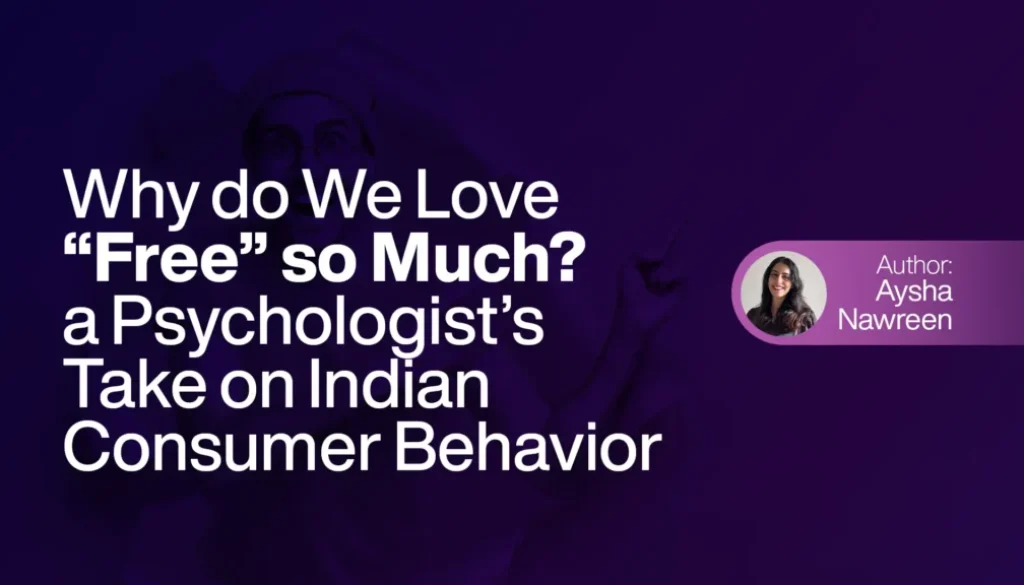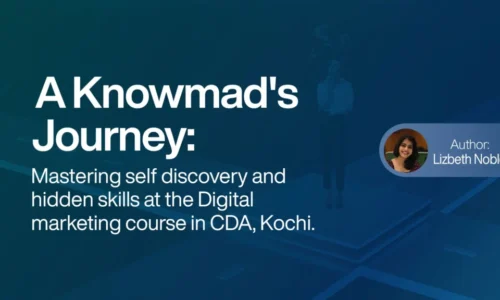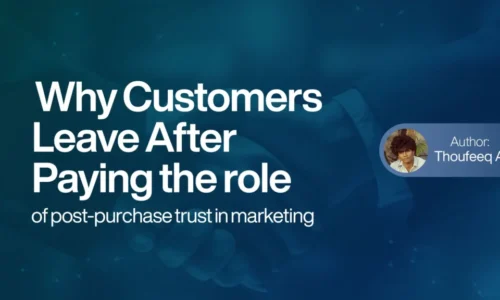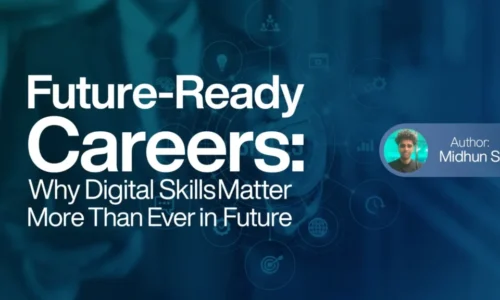Why do We Love “Free” So Much? a Psychologist’s Take on Indian Consumer Behavior
Imagine this: You’re shopping online, and you see that adding just one more item to your cart will get you a free gift worth ₹99. You don’t really need that extra item, but the idea of getting something for free is too hard to pass up. Or maybe you’ve signed up for a free trial, promising yourself that you’ll cancel before they charge you- only to forget and see the subscription fee deducted from your account.
If so, you’re not the only one—most of us are drawn to anything that’s free, like buy-one-get-one deals, free samples, or trial offers. As a psychologist, I find it fascinating to explore why we behave this way, especially when it comes to making purchase decisions. And one of the most fascinating insights is this: “free” isn’t just about saving money- it plays on our emotions, hijacking our brains into making choices that don’t always make logical sense.
But why does the word – FREE- have such a strong psychological grip on us? Let’s break it down.
Table of Contents
1. Our Brains See “Free” as a Win
Logically, we know that a ₹10 discount and a free ₹10 item should be the same, right? But our brains don’t work that way. This is called the Zero-Price Effect. The Zero-Price Effect makes anything free feel significantly more valuable than its actual worth.
Take this scenario:
You’re at a supermarket checkout. You see a pack of biscuits for ₹50. Next to it, another pack of biscuits- but this one comes with a “Free Coffee Sachet” sticker. Most of us instinctively go for the biscuits with a freebie, even if you don’t really want that coffee sachet. Why? Because “free” tricks our brain into thinking we’re getting a special deal- one that we can’t afford to miss.
2. We Hate Losing (Even When We’re Not Losing)
Have you ever bought something just because a sale was ending? Or ordered an extra item online to qualify for free shipping? If so, you’ve experienced loss aversion—our natural tendency to avoid missing out.
We fear loss more than we value gain. That’s why brands use phrases like:
➡️ “Last chance to grab your free sample!”
➡️ “Only 2 days left to claim your free trial!”
The moment we think we might lose a freebie, we rush to grab it—even if we didn’t originally want it.
3. Free Creates a Psychological Commitment
Ever noticed how once we start using a free service, we don’t want to stop? That’s because free creates an emotional investment. We often think a free product is more valuable than it really is. i.e, when we get something for free, it feels more special or important to us—even if it doesn’t actually cost much or isn’t very useful.
For example, take OTT platforms like Amazon Prime, Hotstar, or Netflix. They offer free trials because they know once you start watching, you’ll get used to it. When the trial ends, losing access feels like a loss—and that feeling often pushes people to subscribe. And what do we do to avoid loss? We pay up.
It’s the same reason why brands offer “first purchase free” discounts. They know once you’ve experienced the product, you’re much more likely to return.
So, How Do We Outsmart the “Free” Trap?
Now that you understand why “free” feels so tempting, the next time you come across a deal, pause for a moment and ask yourself:
- Would I still want this if it wasn’t free?
- Am I choosing this because I need it or just because it’s free?
- Is “free” actually adding value, or is it nudging me into an unnecessary purchase?
The truth is, “free” isn’t always a trap- it can be a promising deal if it fits your actual needs. But when emotions take over, we often make choices that don’t really make sense.
The Bottom Line? “Free” Isn’t Just a Price—It’s a Powerful Emotion
Whether it’s a freebie at the supermarket, a buy-one-get-one deal, or a free trial that reels us in, the word “free” has a way of tugging at our emotions. It gives us a little rush—like we’re winning something—even if we end up spending more or picking up something we didn’t really need.
Deep down, our love for “free” isn’t always about the product itself. It’s about the joy of getting something without having to pay. And that little thrill? It’s what keeps us going back for more.
Aysha Nawreen, a freelance digital marketer in Calicut with a background in psychology. She combines consumer behaviour insights with creative marketing strategies to help brands connect better with their audience.
Author Info
Aysha Nawreen, a freelance digital marketer in Calicut.
Learner of CDA Online Digital Marketing Course in india.




